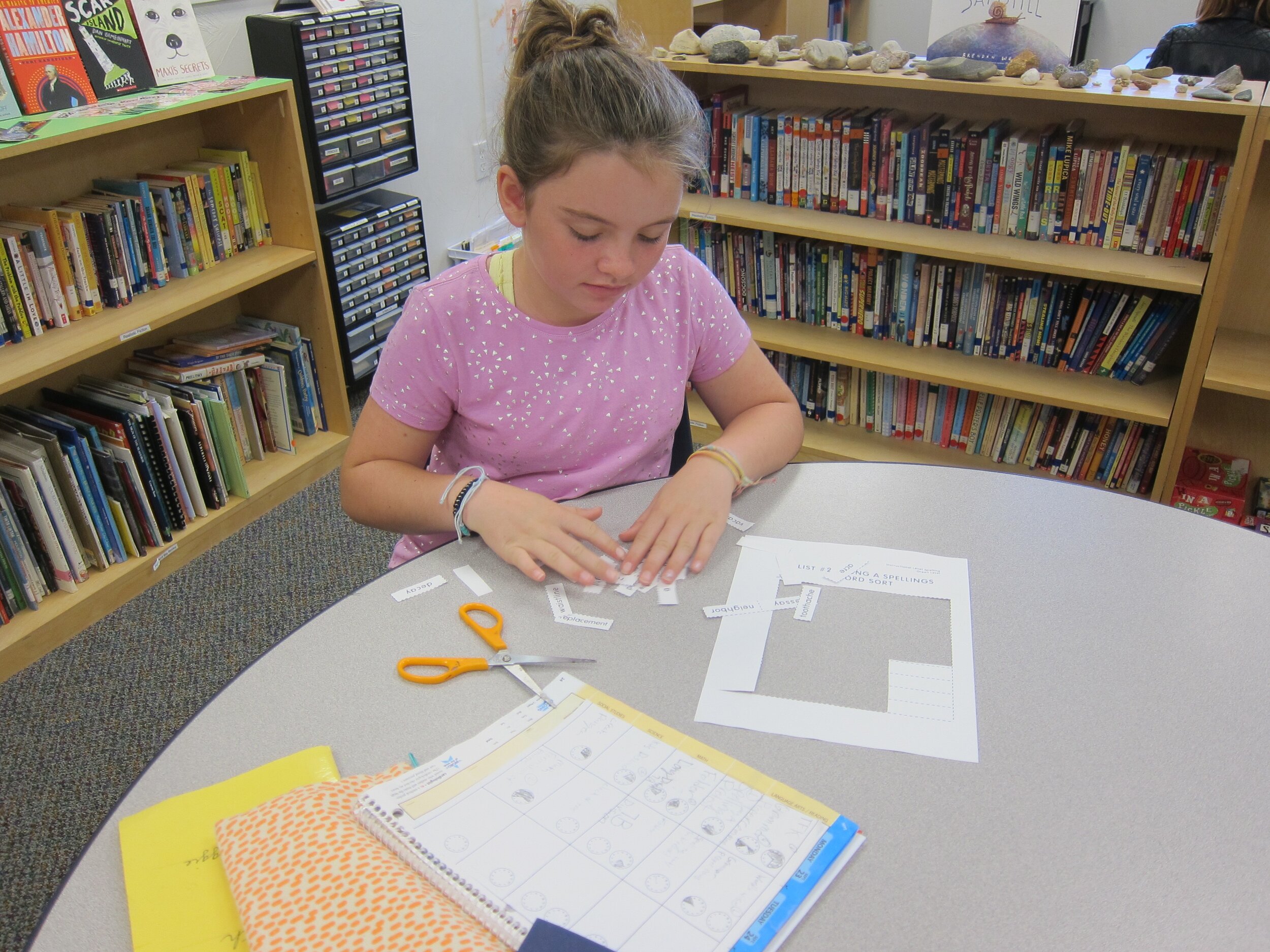See our classrooms becoming ‘normalized’….
As excerpted from the North American Montessori Teacher’s Association:
In Montessori education, the term "normalization" has a specialized meaning. "Normal" does not refer to what is considered to be "typical" or "average" or even "usual." "Normalization" does not refer to a process of being forced to conform. Instead, Maria Montessori used the terms "normal" and "normalization" to describe a unique process she observed in child development.
Montessori observed that when children are allowed freedom in an environment suited to their needs, they blossom. After a period of intense concentration, working with materials that fully engage their interest, children appear to be refreshed and contented. Through continued concentrated work of their own choice, children grow in inner discipline and peace. She called this process "normalization" and cited it as "the most important single result of our whole work" (The Absorbent Mind, 1949).
She went on to write, Only "normalised" children, aided by their environment, show in their subsequent development those wonderful powers that we describe: spontaneous discipline, continuous and happy work, social sentiments of help and sympathy for others. . . . An interesting piece of work, freely chosen, which has the virtue of inducing concentration rather than fatigue, adds to the child's energies and mental capacities, and leads him to self-mastery. . . . (Maria Montessori, The Absorbent Mind, 1949)
E.M. Standing (Maria Montessori: Her Life and Work, 1957) lists these as the characteristics of normalization: love of order, love of work, spontaneous concentration, attachment to reality, love of silence and of working alone, sublimation of the possessive instinct, power to act from real choice, obedience, independence and initiative, spontaneous self-discipline, and joy. Montessori believed that these are the truly "normal" characteristics of childhood, which emerge when children's developmental needs are met.









